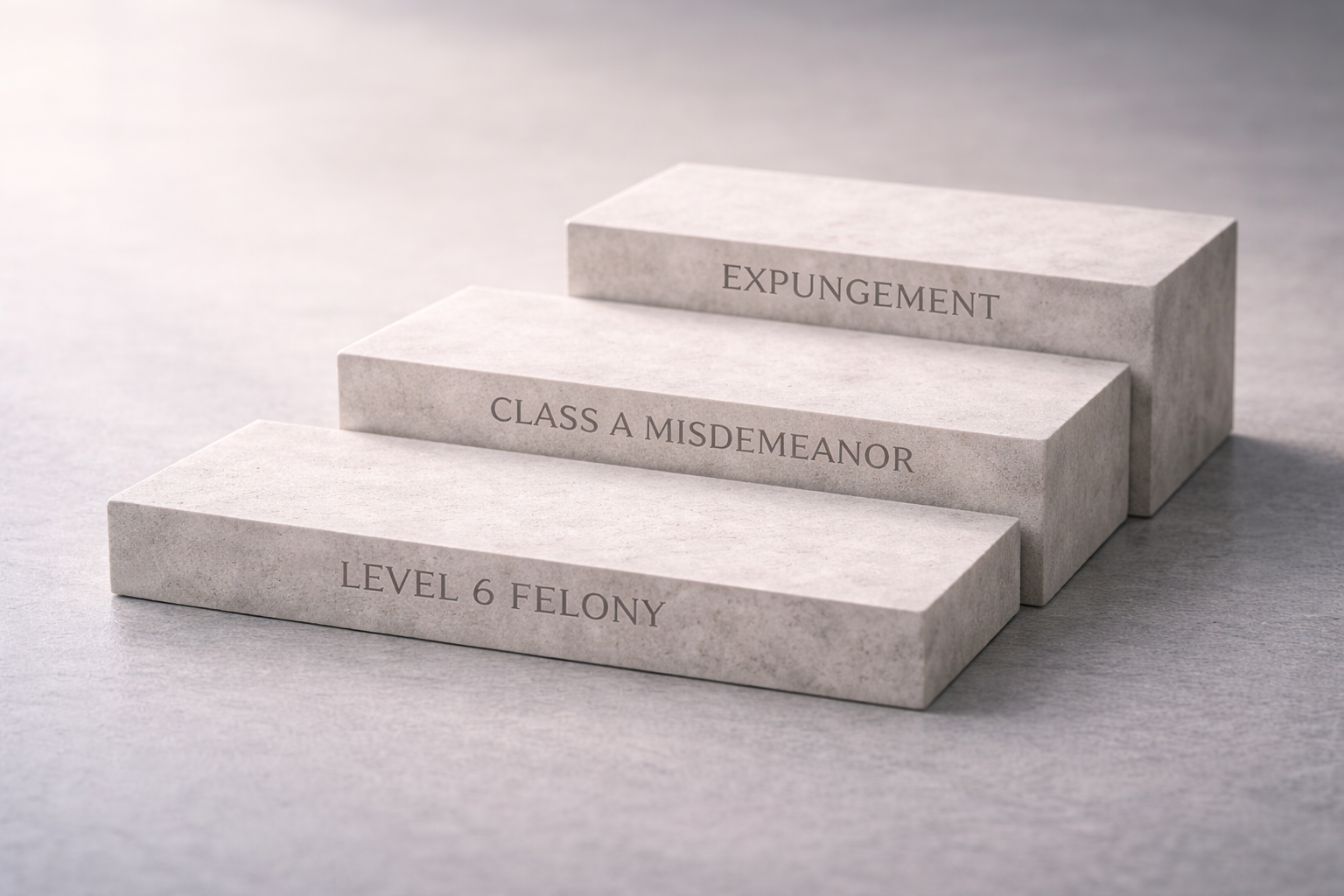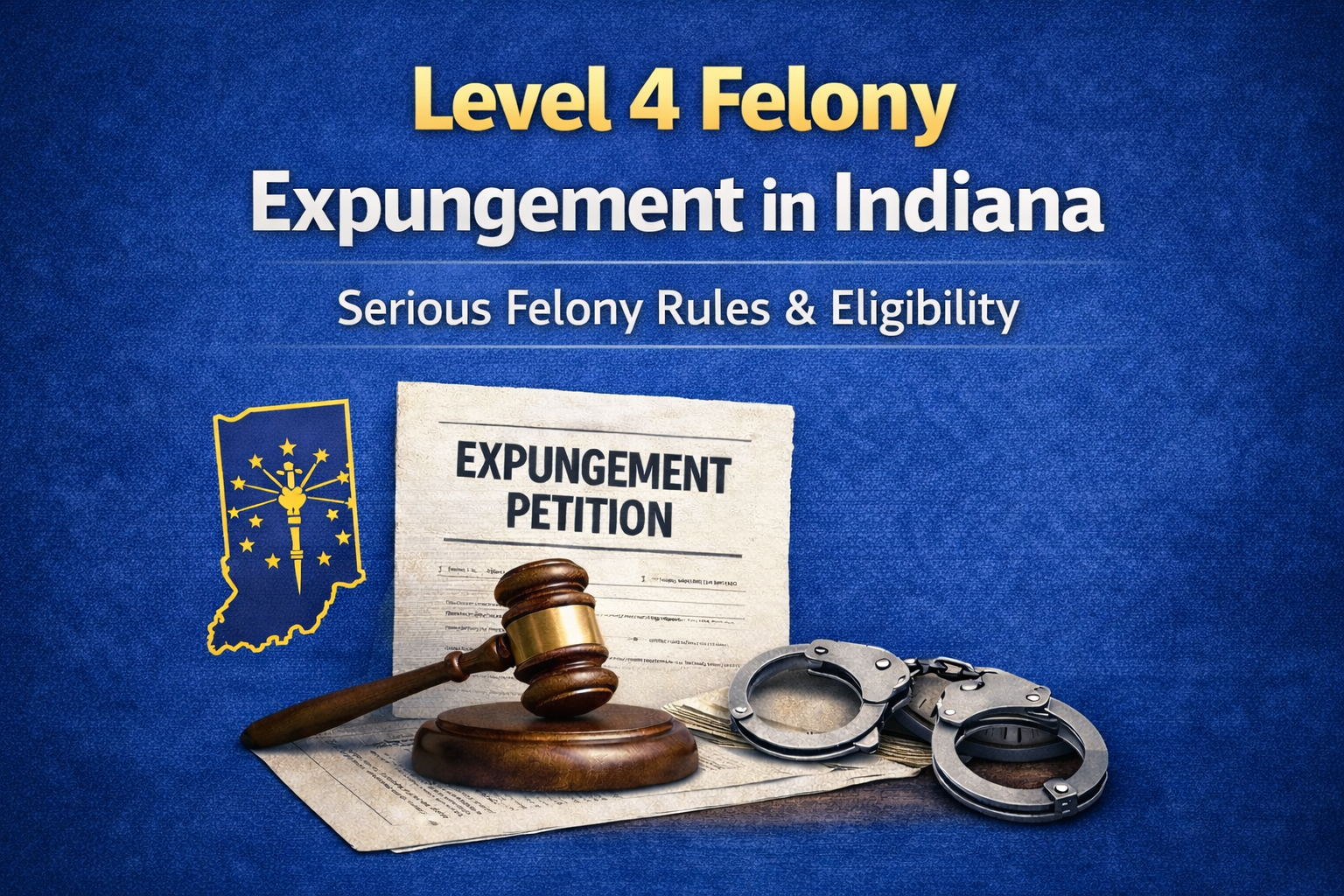Probable Cause in Indiana: When Can Police Search, Stop, or Arrest You?
Probable cause is a legal requirement that police must meet before they can search your property, stop your vehicle, or arrest you. It protects your Fourth Amendment rights and ensures law enforcement cannot act based on mere suspicion. But when do officers actually have probable cause, and what happens if they don’t?
At Vining Legal, we fight for clients whose rights have been violated due to illegal stops, searches, and arrests. If police acted without probable cause, you may be able to challenge the evidence against you or even get your charges dismissed.
What Is Probable Cause?
Probable cause means police must have a reasonable belief, based on facts, that a crime has been committed. It applies to:
✔ Traffic Stops – Pulling over a driver for a suspected violation.
✔ Searches – Searching a person, vehicle, or home for evidence of a crime.
✔ Arrests – Taking someone into custody based on evidence of wrongdoing.
🚨 Key Point: If law enforcement lacked probable cause, any evidence obtained may be inadmissible in court.
🔗 Related Read: Understanding Evidence Suppression in Indiana Criminal Cases
Probable Cause and Traffic Stops
When Can Police Legally Stop You?
Police do not need probable cause to initiate a traffic stop. Instead, they need reasonable suspicion, a lower standard.
Common reasons for a stop include:
✔ Speeding, running a red light, or reckless driving.
✔ Swerving or other signs of impairment.
✔ Equipment violations, such as broken tail lights.
When Can Police Search Your Car?
A warrant is not required to search a vehicle if officers have probable cause.
Examples of probable cause for a vehicle search:
✔ The smell of drugs or alcohol.
✔ Visible contraband (such as an open container).
✔ A drug-sniffing dog alerting to the car.
🚨 Key Point: If police searched your car without a valid reason, an attorney can fight to suppress the evidence.
Probable Cause and Stop-and-Frisk (Terry Stops)
A Terry stop (stop-and-frisk) is a brief detention based on reasonable suspicion rather than probable cause. However, police cannot conduct a full search unless they have probable cause.
✔ Officers can pat you down if they suspect you have a weapon.
✔ They cannot search your pockets or belongings without probable cause.
🚨 Key Point: If police go beyond a frisk and conduct a full search without cause, your rights may have been violated.
🔗 Related Read: Indiana Criminal Defenses: What Are Your Legal Options?
Probable Cause and Search Warrants
When Do Police Need a Warrant?
Police must show probable cause to a judge before obtaining a search warrant.
A valid warrant must:
✔ Clearly describe the location to be searched.
✔ Specify what evidence is expected to be found.
Exceptions to the Warrant Requirement
In some cases, police can search without a warrant, including:
Exigent Circumstances – Emergencies, such as preventing evidence destruction.
Consent Searches – If you agree to a search, no warrant is needed.
Searches Incident to Arrest – Police can search a suspect after an arrest.
🚨 Key Point: If police searched your home, phone, or belongings without a warrant or valid exception, the evidence could be thrown out in court.
What If Police Didn’t Have Probable Cause?
If officers stopped, searched, or arrested you without probable cause, the consequences can be serious:
✅ Evidence could be suppressed.
✅ Your charges may be reduced or dismissed.
✅ The prosecution’s case may be significantly weakened.
At Vining Legal, we fight to challenge unconstitutional stops, searches, and arrests.
Were You Stopped, Searched, or Arrested Illegally? Call Vining Legal Today.
At Vining Legal, we:
✔ Challenge unlawful searches and detentions.
✔ File motions to suppress illegally obtained evidence.
✔ Fight for dismissals, reduced charges, or not guilty verdicts.
📞 Call or text (317) 759-3225 to schedule your consultation today. Let’s defend your rights and build a strong legal strategy.
Or, use our online consultation form to request an appointment now.
Hello, World!





